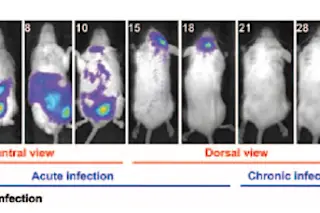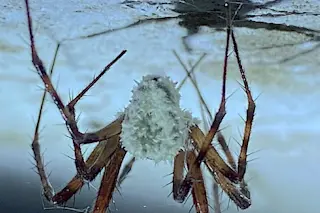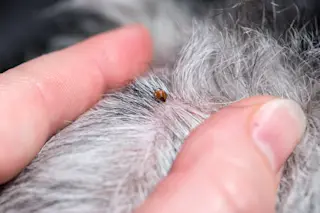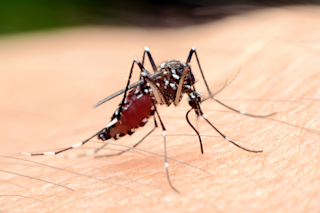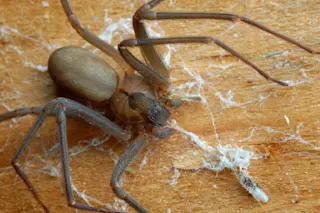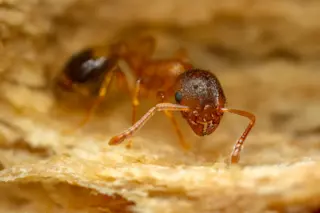Reports are coming out this morning on a new study on one of the Loom's favorite organisms: Toxoplasma gondii, the single-celled parasite that lives in roughly half of all people on Earth and has the ability to alter the behavior of its host. I reported on the research last June in the New York Times, when the Stanford researchers reported their results at a scientific conference. It's nice to finally get the results on paper, though. The study is a fine example of an underappreciated part of science: replication. In 2000 British researchers carried out a study in which they put healthy and Toxoplasma infected rats in an outdoor enclosure and watched them nose around. They added odors to some of the corners of the enclosure; sometimes the odor of rats, sometimes of rabbits, sometimes of cat urine. They found that healthy rats were deeply affected by the scent of ...
Parasites as Neuropharmacologists
Explore how Toxoplasma gondii alters behavior, turning infected rats fearless and aiding parasite reproduction through host manipulation.
More on Discover
Stay Curious
SubscribeTo The Magazine
Save up to 40% off the cover price when you subscribe to Discover magazine.
Subscribe

